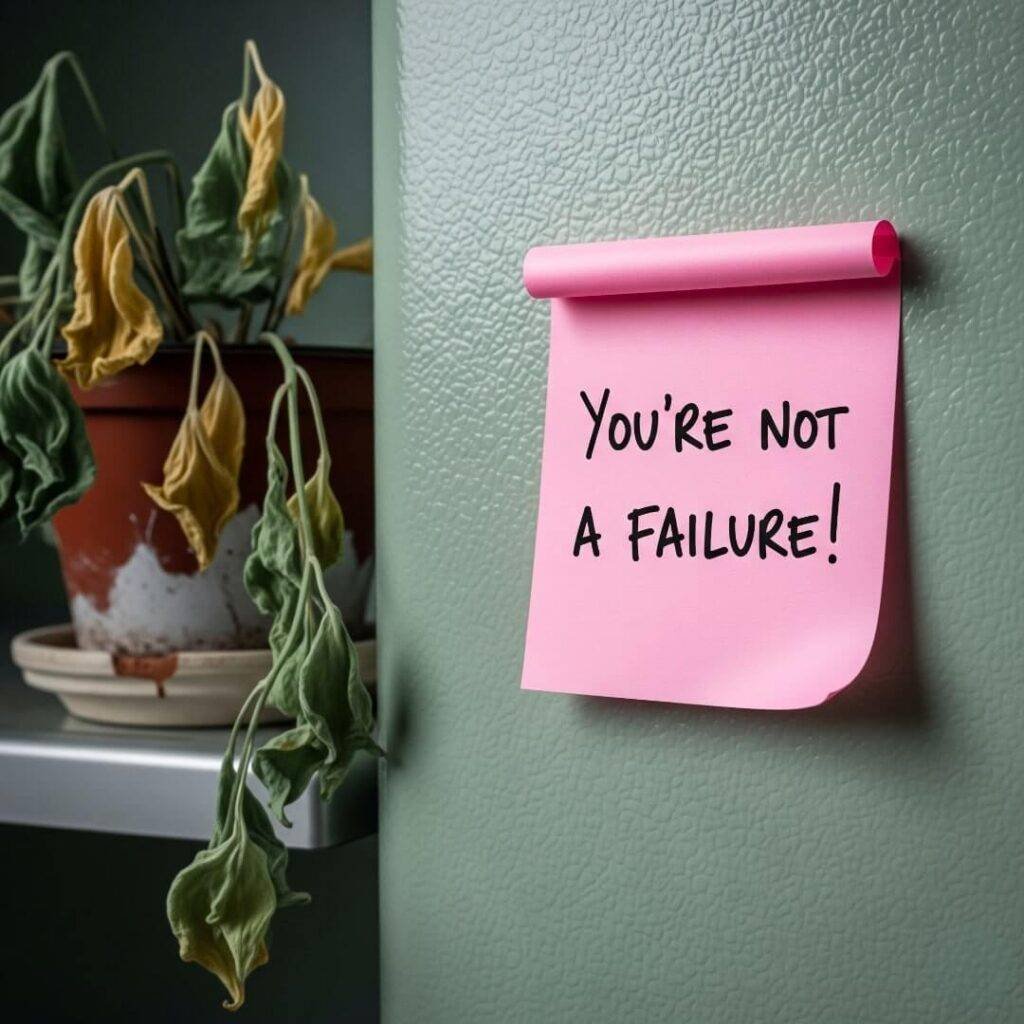Positive thinking improves health, and I’m living proof—well, kinda. Sitting here in my tiny Seattle apartment, surrounded by empty coffee cups and a laptop glowing with half-finished self-help articles, I’m trying to wrap my head around how my brain’s been rewiring itself just by, like, thinking happier thoughts. It’s wild, okay? I mean, I’m no scientist, just a dude who’s been through some stuff, and let me tell you, forcing a smile while staring at my bank account last week didn’t feel like a health boost. But science says it works, and I’m starting to buy it. Here’s my messy, slightly embarrassing dive into why Positive thinking improves health, straight from my caffeine-fueled, Pacific Northwest perspective.
Why Positive Thinking Improves Health: The Brain’s Sneaky Tricks
Okay, so I read somewhere—probably while doom-scrolling on X at 2 a.m.—that Positive thinking improves health by literally changing your brain. Like, your neurons start vibing differently. There’s this thing called neuroplasticity, where your brain rewires itself based on what you focus on. I tried it last month when I was stressing about a work deadline. I was pacing my apartment, rain pounding the windows, muttering, “It’s fine, I’m fine, everything’s fine.” And, weirdly, my heart stopped racing. According toHarvard Health, Optimism can lower stress hormones like cortisol, which mess with your body big time. Who knew my fake-it-til-you-make-it mantra was actually science?
Here’s what I’ve learned (the hard way):
- Stress shrinks, kinda: Positive thoughts dial down cortisol, which is like your body’s panic button. Less cortisol, less inflammation, better health.
- Your heart loves it: Studies, like one from Johns Hopkins Medicine, say optimists have lower risks of heart disease. My grandpa, who’s 80 and still cracking dad jokes, swears by this.
- Immune system flex: Positive vibes might make your immune system stronger. I caught a cold last winter, but I swear I bounced back faster by binge-watching comedies instead of wallowing.

My Awkward Attempts at a Positive Mindset
So, real talk: I’m not exactly the poster child for Positive thinking improves health. Last week, I spilled coffee on my favorite hoodie—y’know, the one I wear when I’m pretending to have my life together—and my first thought was, “Great, universe, what’s next?” But then I tried this gratitude journal thing I saw on PositivePsychology.com. I wrote down three things I was thankful for: my cat’s dumb zoomies, the smell of rain on pavement, and the fact that I didn’t cry during my last Zoom meeting. It felt so corny, but I slept better that night. Like, my brain was less of a dumpster fire.
Another time, I was stuck in traffic on I-5, cursing Seattle’s eternal roadwork. I forced myself to think, “Hey, at least I’ve got this podcast.” And, yeah, it didn’t fix the traffic, but I didn’t arrive at my friend’s place ready to punch a wall. Science backs this up: a study from UC Davis Health says gratitude practices can lower blood pressure and make you feel less like the world’s out to get you. I’m still terrible at it, but it’s progress, right?
Positive Thinking Improves Health, But I’m Still a Hot Mess
Here’s where I get real: Positive thinking improves health, but it’s not a magic wand. I tried meditating last month—big mistake. I sat cross-legged on my rug, which smells vaguely of cat litter, and my brain just screamed, “You forgot to pay your electric bill!” But even my half-assed attempts at Optimism have perks. Like, I started saying “I’ll figure it out” instead of “I’m screwed,” and my stomach doesn’t churn as much. According to Mayo Clinic, this shift can lower depression symptoms and even make you live longer. I’m not betting on living to 100, but I’ll take not feeling like garbage every day.
Tips I’ve picked up (mostly by screwing up):
- Start small, like stupid small: Don’t try to be a ray of sunshine. Just think, “Today didn’t totally suck.” It’s enough.
- Fake it, but not too much: Smiling when you’re pissed feels fake, but it tricks your brain a little. I tried it in the mirror—looked like a serial killer, but it helped.
- Talk to yourself like a friend: I tell myself, “Dude, you’re doing okay,” even when I burn toast. It’s less harsh than my usual “You idiot.”

The Science-y Stuff I Barely Understand
Okay, I’m no PhD, but I’ve been geeking out over how Positive thinking improves health on a chemical level. Your brain releases dopamine and serotonin when you focus on good stuff, which is like a natural high. I felt it last week when I high-fived my neighbor for fixing my bike tire—legit felt like I could run a marathon (I didn’t). Cleveland Clinic says this chemical boost can improve your mood and even help with chronic pain. I’ve got this nagging shoulder ache from hunching over my laptop, and on days I’m not a total grump, it bugs me less. Coincidence? Maybe not.
Also, Positive thinking improves health by making you less of a stress ball. When I’m not spiraling about my to-do list, my body feels… lighter? Like, my chest isn’t clenched. Researchers at Stanford Medicine say optimists might even age slower. I’m 32 and already finding gray hairs, so I’m hoping this kicks in soon.
Wrapping Up This Rambling Mess
Look, Positive thinking improves health, but I’m not saying it’s easy or that I’ve got it figured out. I’m just a guy in Seattle, surrounded by soggy sneakers and empty LaCroix cans, trying not to lose it. Some days, I’m all “Life’s awesome!” and others, I’m muttering, “Why does everything suck?” But the science is real, and my clumsy attempts at Optimism are making me feel less like a walking disaster. If I can do it, you can too. Try writing down one thing that didn’t suck today, or just fake a smile until it feels less weird. Share your own chaotic positivity hacks in the comments—I could use the tips.
































